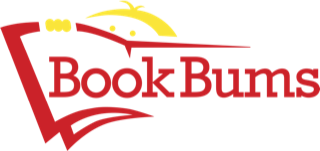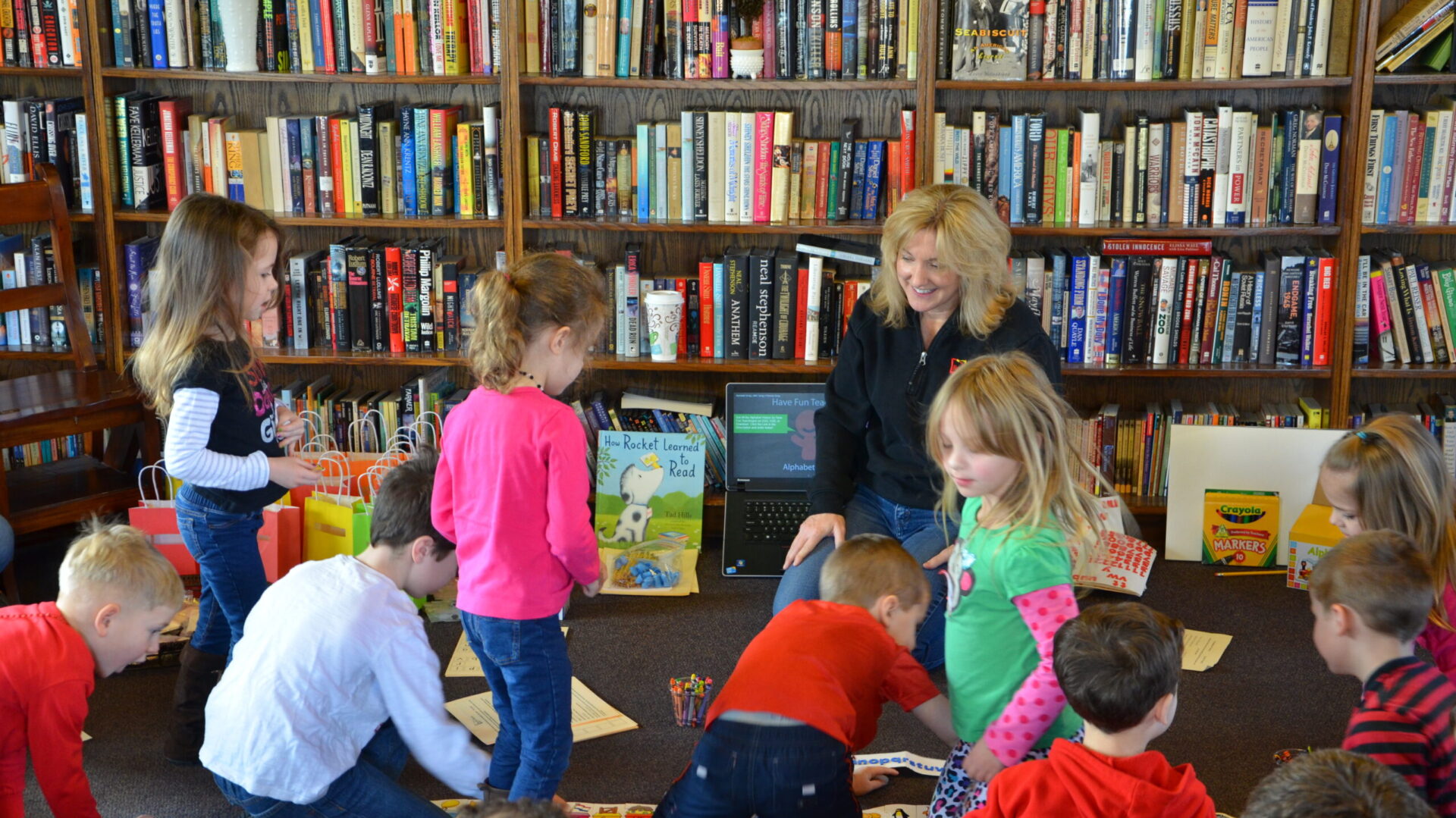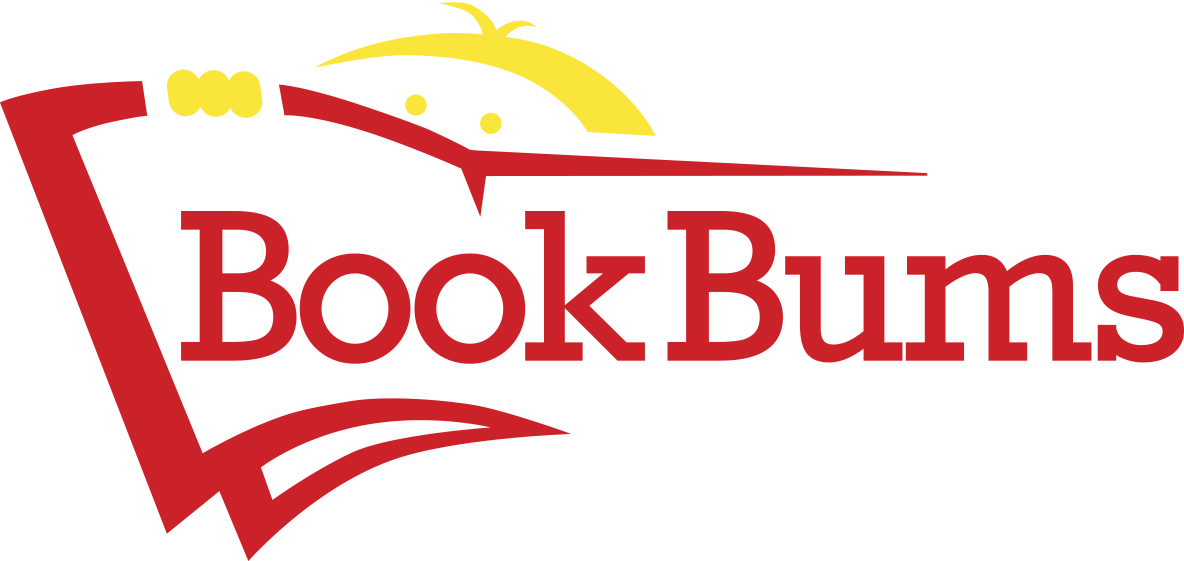
Hello Book Bums families!
It's been a hot week here in Cincinnati, so this week in the newsletter we're slowing down a bit. Read on to find a beautiful book to inspire you and your kiddos to slow down and spot some animal tracks. Dr. Christy shares the importance of timing as kids make letter sounds and decode words. You'll also find all our regular features. Thanks for joining us here each week!
Bookbums.com is an Amazon Associate; We earn from qualifying purchases. This means that if you click on a link to Amazon.com and make a purchase, We may earn a small commission at no extra cost to you. We do recommend the products. Feel free to find them by other means.
Word of the Week
acclimate (a-kluh-mayt) verb/action word - to adjust or adapt to a new climate, environment, or situation
At the beginning of each school year, students must acclimate to new schools, classrooms, and teachers.
Literary Calendar
• August 31 is We Love Memoirs Day.
• While an autobiography covers the author's entire life, memoirs share memories and experiences from a shorter period of time within a life.
• You can find memoirs of childhood, motherhood, a travel adventure, or an illness.
• If you enjoy celebrity memoir, you can often find the author reading their audio book.
• Do you have a favorite memoir? Reply to this email and share it with us. We'd love to feature reader favorites in an upcoming newsletter.

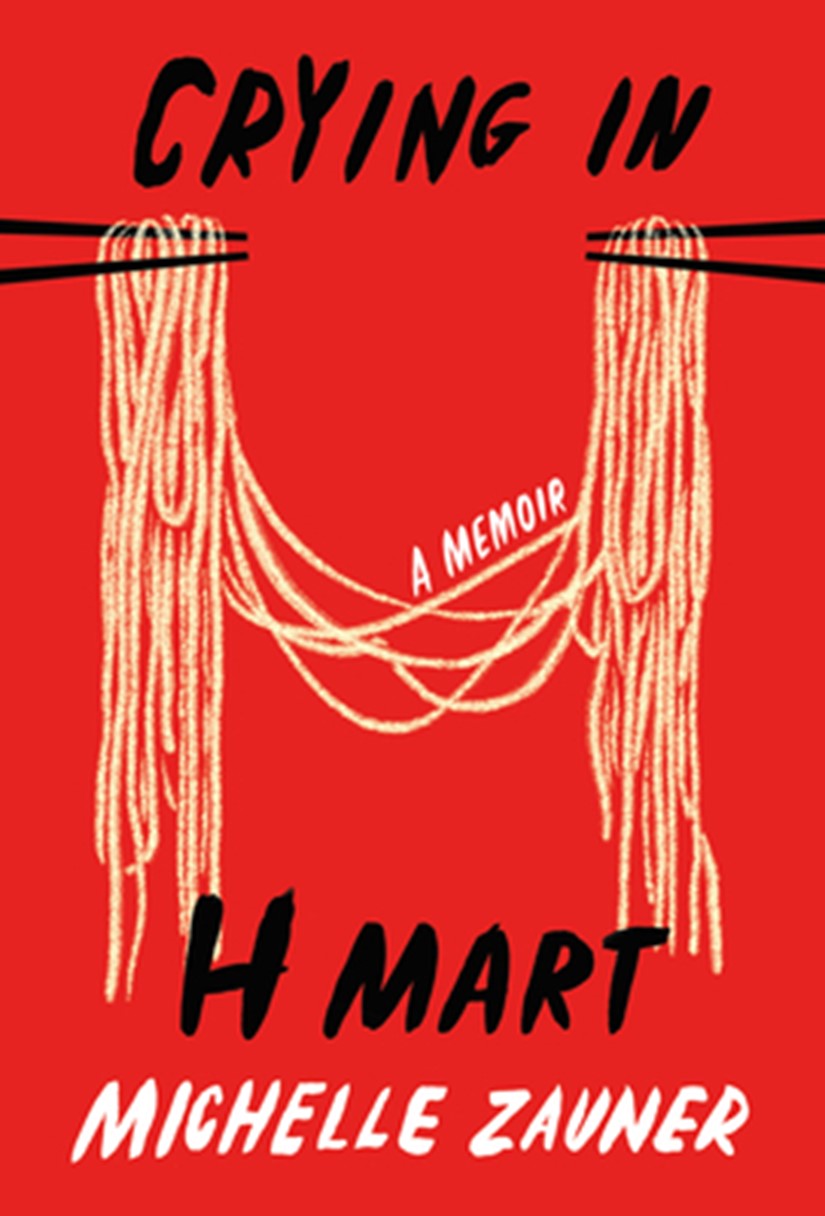
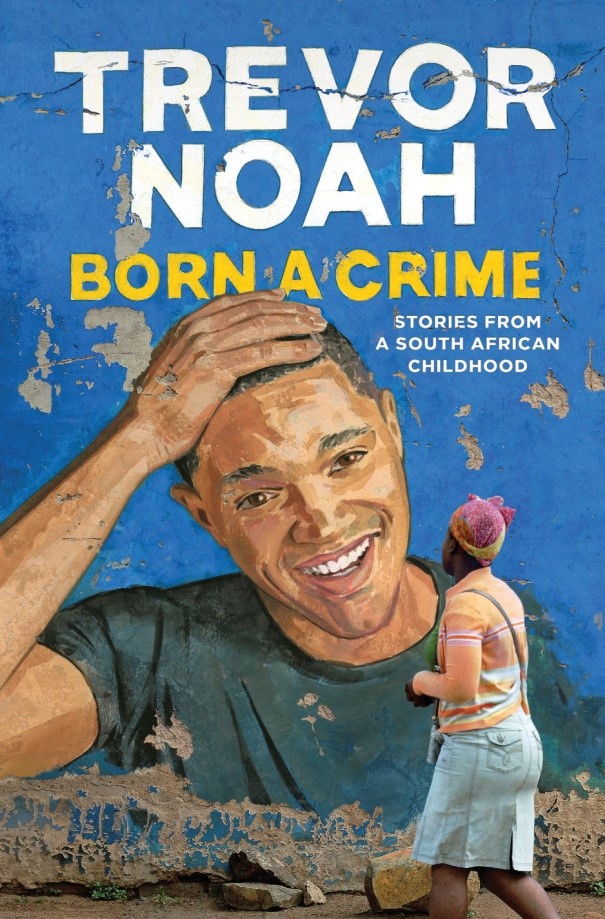

From our Bookshelves
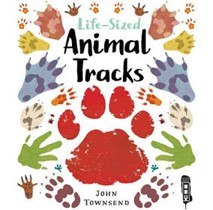
Life-Sized Animal Tracks, by John Townsend, is a gorgeous book that your animal-loving, science kids are sure to adore. This book checks all the boxes when it comes to exposing kids to outstanding nonfiction text features, and it even uses the unique collective nouns to name the groups of animals (e.g., a drove of shrews, a mischief of mice, and a prickle of porcupines). Your kids just might learn to identify animal tracks on those muddy trails this fall. They can observe where the featured animals live using the world map images provided, and they’ll discover lots of fascinating facts about almost fifty different animals. It’s so clever how the author shows the life-sized footprint of an adult African elephant! This is a book you’ll enjoy poring over with your little ones, and it will make an especially great book to enjoy before your next zoo visit.
Tips for Readers and Writers
Segmented Phonation is when kids make each separate sound represented by the letters within words. It can be quite challenging for them, as they make those discrete sounds, to recognize the words they’re decoding—especially when kids add the dreaded /uh/ to the ends of letter sounds.
At Book Bums, we strive to move from segmented phonation to blending sounds so there is not a complete stop between each letter sound. This is called Connected Phonation.
We move from the choppy /s/ — /i/ — /t/ to the smoother /s/ /i/ /t/.
Connected phonation is easier with slide sounds than it is with stop sounds. So, when teaching very early readers to decode words, try featuring words with mostly slide sounds.
Slide Sounds:
all vowels, f, l, m, n, r, s, v, w, x, z
Stop Sounds:
b, c, d, g, h, j, k, p, q, t, y
*If stop sounds are at the ends of words, only, that’s easy, too!
Whether you’re playing with magnetic letters, sidewalk chalk, or letters from an alphabet puzzle, if your children know some of the letter sounds, they can learn to make the sounds and read words.
Try some of these words to start: van, men, win, fox, run (all slide sounds)
Try these, too: sap, met, lid, fog, mug (all slide sounds except for the final letter)
These are a bit more challenging because the sounds don’t slide together as seamlessly: tag, bed, dip, jot, hug (begin and end with stop sounds)
If you work with younger children and they’re struggling to recognize the words they’re decoding, it could be that they’d benefit from working primarily with letters with slide sounds.
Pause for Poetry
Homework Stew
by Kenn Nesbitt
I cooked my math book in a broth
and stirred it to a steaming froth.
I threw in papers—pencils, too—
to make a pot of homework stew.
I turned the flame up nice and hot
and tossed my binder in the pot.
I sprinkled in my book report
with colored markers by the quart.
Despite its putrid, noxious gas,
I proudly took my stew to class.
And though the smell was so grotesque,
I set it on my teacher’s desk.
My teacher said, “You’re quite a chef.
But, still, you’re going to get an F.
I didn’t ask for ‘homework stew,’
I said, ‘Tomorrow, homework’s due.'”
Tips for Families
I just love smiling at kids and seeing them smile back at me. Whether it’s a child in a car alongside mine at a stoplight or a little one whose parents are enjoying lunch a few seats over from us, not many things beat those delighted grins shared across the way.
Sometimes parents acknowledge the exchange of surreptitious smiles and sometimes they don’t. It’s okay either way. I share my smile, and I happily receive those toothless, flirty, bashful, cheeky, day-making smiles. They’re gifts that live on long after the exchange has passed.
What if we all agreed to share a little sunshine with other people’s kids? Not in a creepy way, but in a way that says, “I see you, and you are a treasure.”
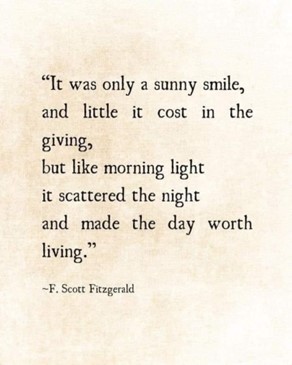
Just for Fun

Practical Grammar
You know the word ought, right? As in, “We ought to put more money into our savings account.”
Well, the word aught sounds exactly like that, but aught means zero. Aught can also be a plural, and in the book I just finished, Poverty by America, by Matthew Desmond, the word aughts refers to the decade from 2000-2009—the decade of double zeros.
Did you know that?
Read Free Kindle books with the Kindle app!
If you know someone who would benefit from our newsletter or tutoring at Book Bums, please share this email with them! Thank you.
Copyright © 2024 Book Bums, All rights reserved
Our mailing address is:
7967 Cincinnati-Dayton Road Suite L
West Chester, OH 45069
